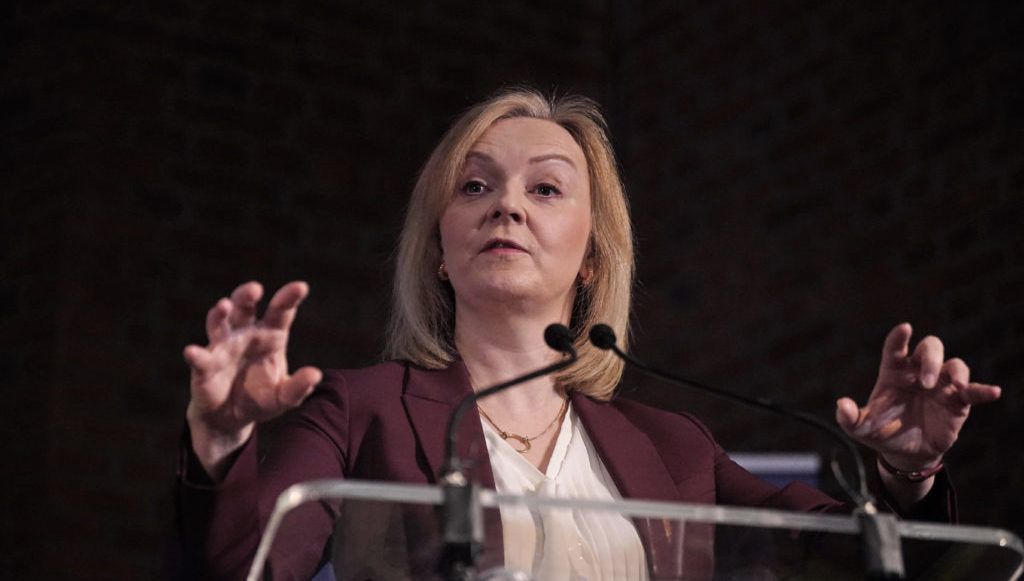South Carolina remains on course to dole out its first round of education scholarships this summer, even as a lawsuit over the state’s controversial new voucher law hangs over its head.
The parents of nearly 8,000 students from every county in the state — and some from out-of-state — applied for the $6,000 scholarships during the program’s inaugural application period that ended March 15, according to S.C. Department of Education data.
Participation in the Education Scholarship Trust Fund program, which subsidizes education costs for parents who pull their children out of local public schools, is open only to students who attended a public school last year and whose household income doesn’t exceed 200% of the federal poverty level, or $62,400 for a family of four.
State lawmakers set aside $30 million for the program in the budget that starts July 1, and are prepared to spend up to $90 million on it at full implementation during the 2026-27 school year.
In the coming weeks, the Department of Education will award scholarships to a maximum of 5,000 qualified applicants for the 2024-2025 school year.
Voucher recipients may use their scholarships to pay for a variety of educational expenses, including private or out-of-zone public school tuition, textbooks, transportation, tutoring and a range of educational and behavioral therapies.
Barring a State Supreme Court ruling nullifying the program, recipients should get their first $1,500 quarterly voucher payment in late July.
The state’s high court heard a challenge to the law’s constitutionality earlier this month, but has yet to render a judgment in the case.
The plaintiffs, a collection of parents, teachers and public education advocates, argue the voucher program violates the state Constitution’s “no aid” clause, which prohibits public dollars from directly funding religious or other private educational institutions.
Attorneys for the state respond that the voucher program is an indirect expenditure — and thus allowable under the Constitution — because parents, not the state, are directing the public dollars.
Meanwhile, House Republicans recently passed a massive expansion of the ESTF program that the Department of Revenue and Fiscal Affairs projects could attract 185,000 students at a cost of $1.4 billion.
State Superintendent Ellen Weaver touted the House’s vote on X, formerly known as Twitter, calling it “a win for students and families,” but it’s not clear whether a “universal” voucher program has enough support to clear the Senate.
Senate Education Chairman Greg Hembree, R-Horry, said he preferred to delay school voucher expansion until the Supreme Court blesses the program and there’s evidence of its effectiveness.
“We want to let them get their legs under them and build it out a little bit,” he told reporters last week. “Get some data and come back and see how effective is it.”
Who applied for school vouchers?
The Legislature’s decision to initially target the voucher program to the state’s most economically disadvantaged public school students appears to have succeeded.
According to self-reported applicant data provided by the S.C. Department of Education, a majority of this year’s applicants were racial minorities earning working-to-middle class incomes, including many for whom English is a second language.
Nearly half of the program’s 7,907 applicants identified as Black, easily the highest percentage of any racial group. White students were next at a little over 30% of applicants, followed by mixed-race students at 7% and Hispanic/Latino students at 6%. No other racial group made up more than 1% of applicants.
Compared to the demographic makeup of South Carolina’s public school system, Black students were overrepresented among voucher applicants and white and Hispanic/Latino students were underrepresented.
Interest in the program was highest among elementary-age children — especially kindergartners — slightly lower among middle schoolers and lowest among high schoolers, according to S.C. Department of Education data.
Kindergartners made up roughly 20% of all applicants — numbering more than twice as many as any other grade — likely due to the fact that rising kindergarten students were the only group not required to have attended public school last year.
Other states with school voucher programs that don’t require prior public school attendance find the majority of participants already attended private schools or would have attended private schools.
While this year’s crop of applicants were spread geographically throughout the state, the greatest concentration came from the Midlands.
The outsized presence of Midlands-based applicants is largely due to the incredibly high number of applications received from Columbia residents.
A remarkable 1,261 applicants — 16% of all voucher seekers — identified as Columbia residents, according to S.C. Department of Education data. That’s more than 10 times as many applicants as reported hailing from Charleston, the state’s largest city.
Greenville, which has about half the population of Columbia, reported the second most voucher applicants with 321.
An Education department spokesman said officials don’t know why Columbia residents so thoroughly outnumbered all other South Carolina metro area residents among voucher applicants.
Where will ESTF recipients use their vouchers?
The Department of Education only learns how vouchers are spent at the time of payment, so it’s not yet clear which schools or service providers will be the largest beneficiaries, spokesman Jason Raven said.
As of March 5, SCDE had approved more than 300 schools and service providers to accept voucher payments and will continue to add providers on a rolling basis, he said.
Current providers include all 73 of the state’s traditional public school districts, 221 private schools and a few dozen private tutoring and therapy services.
The vast majority of the approved private schools are religious, primarily Christian. Of the five non-Christian religious schools approved to accept vouchers, three are Islamic and two are Jewish.
This embedded content is not available in your region.
Reporter Joseph Bustos contributed.
Signup bonus from





